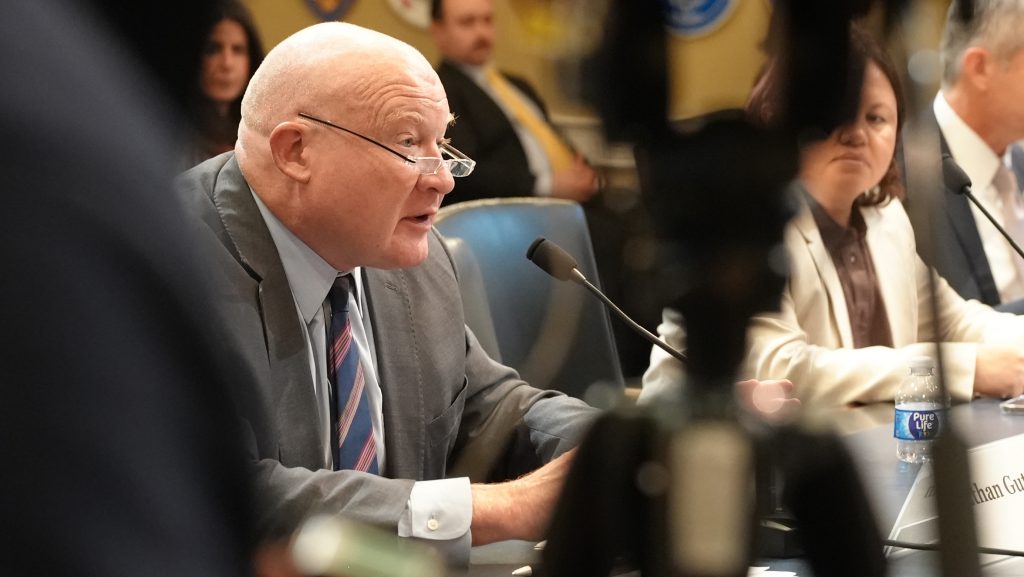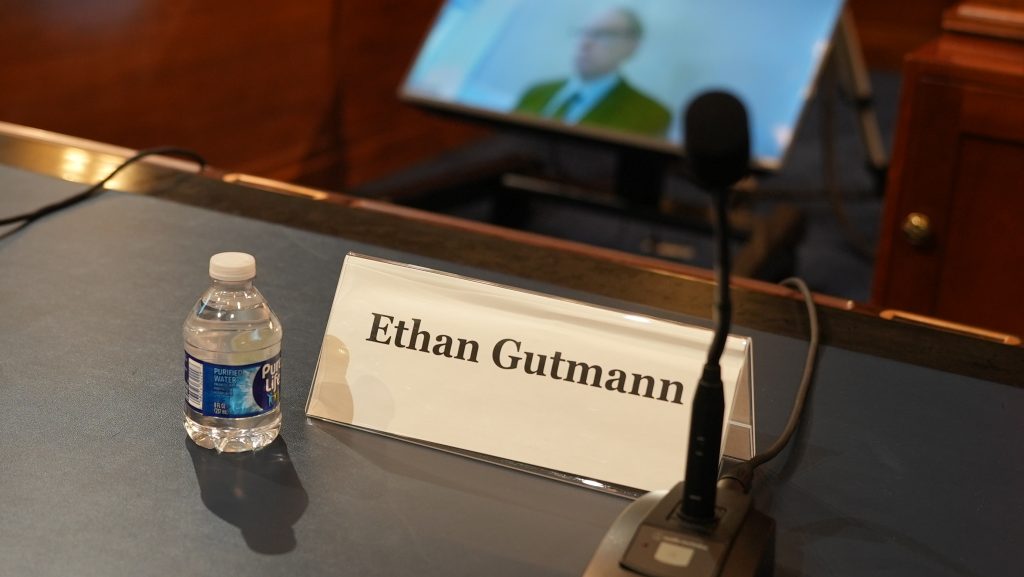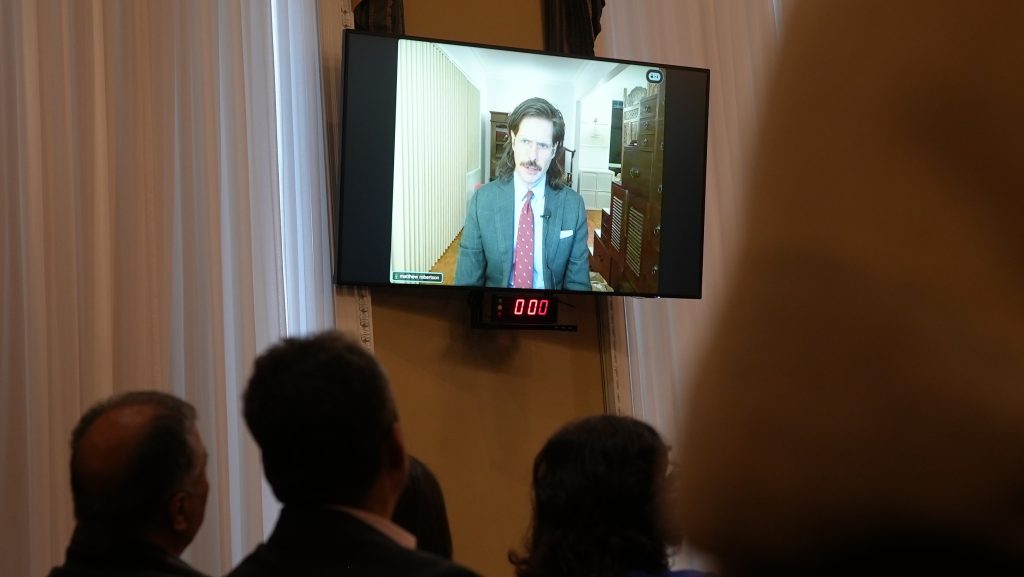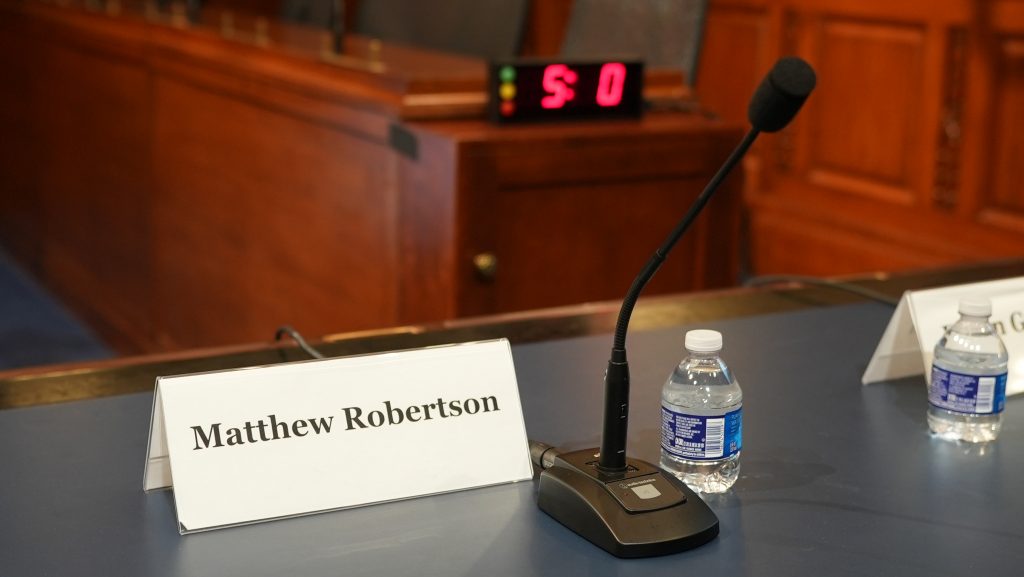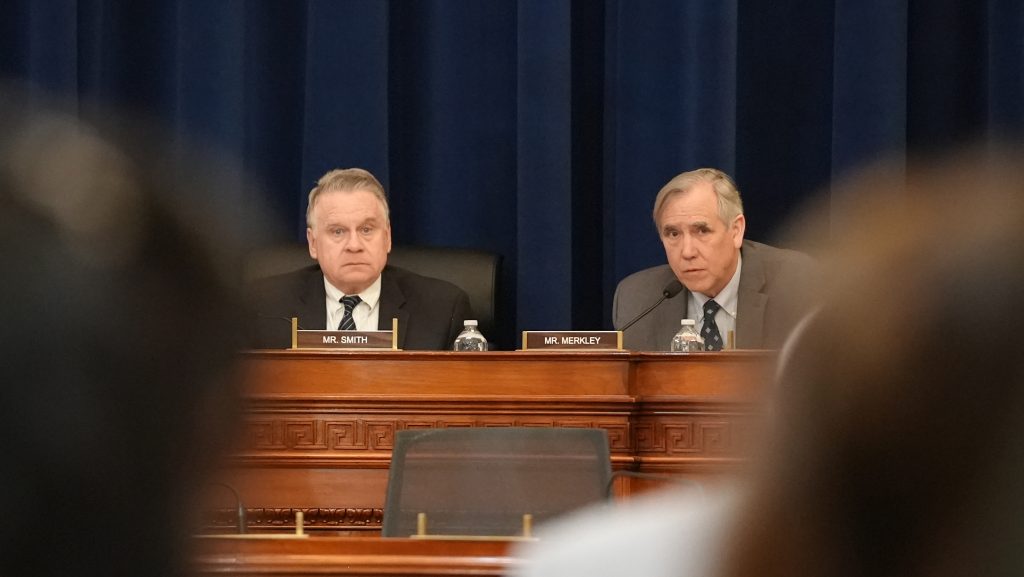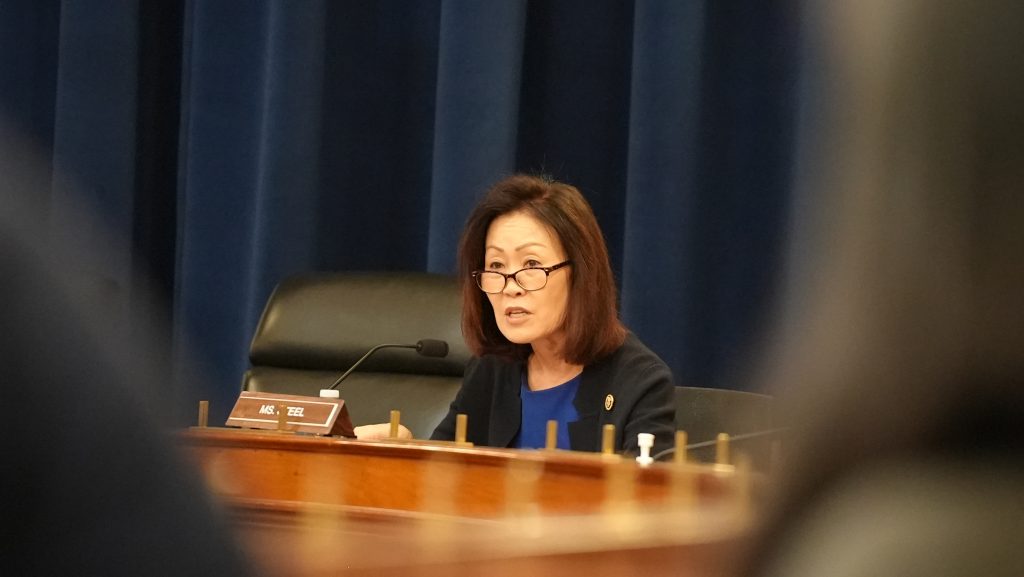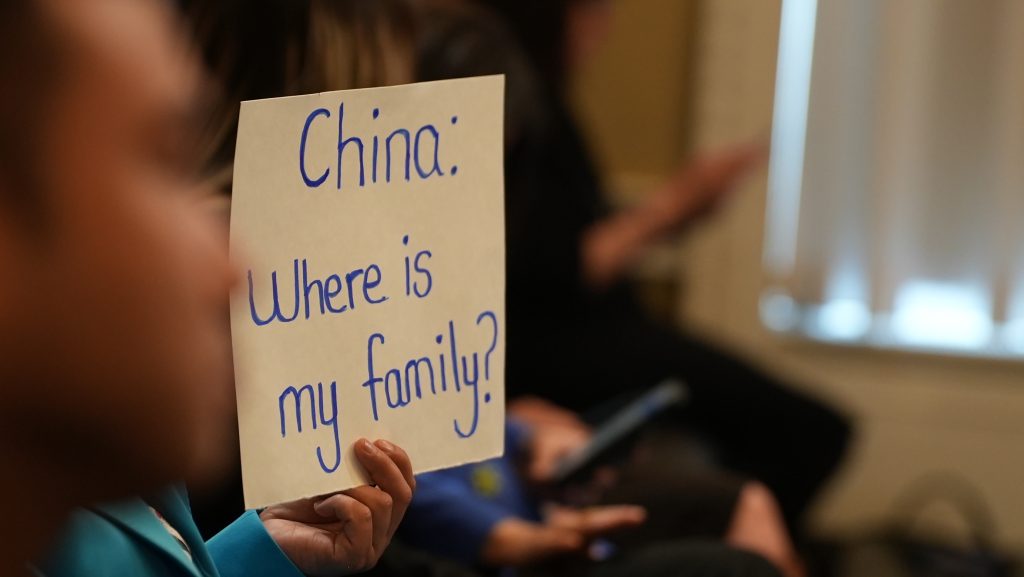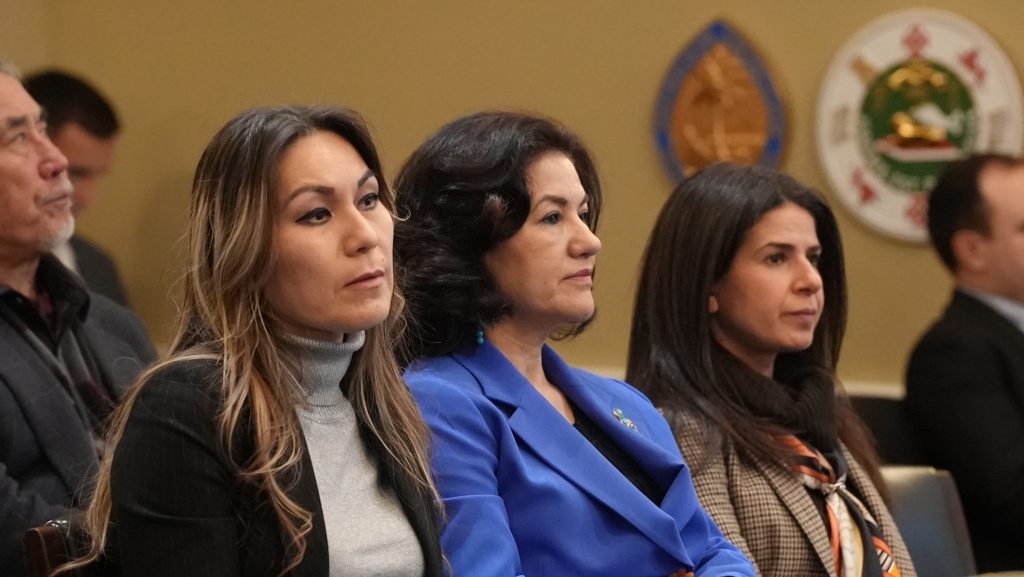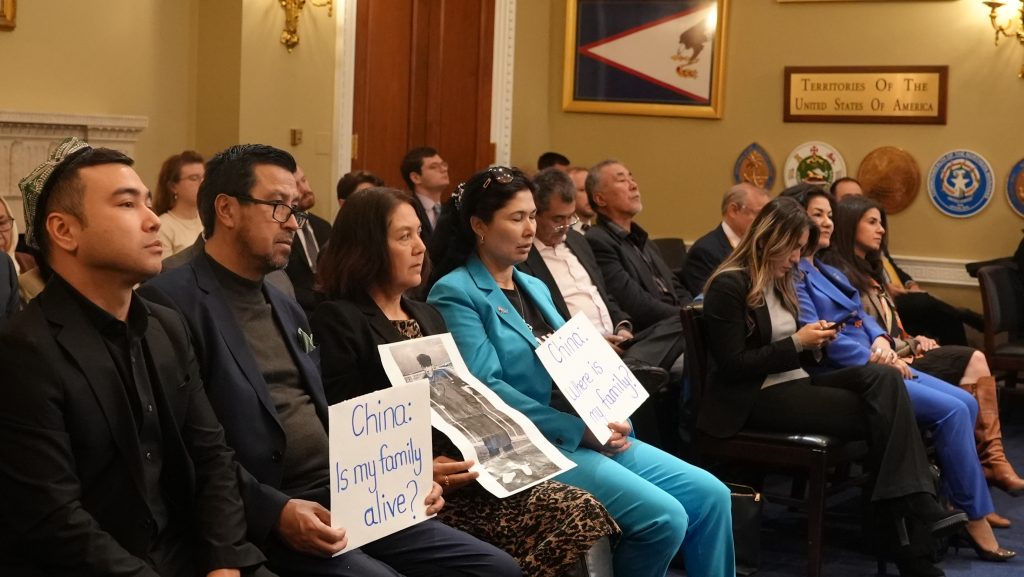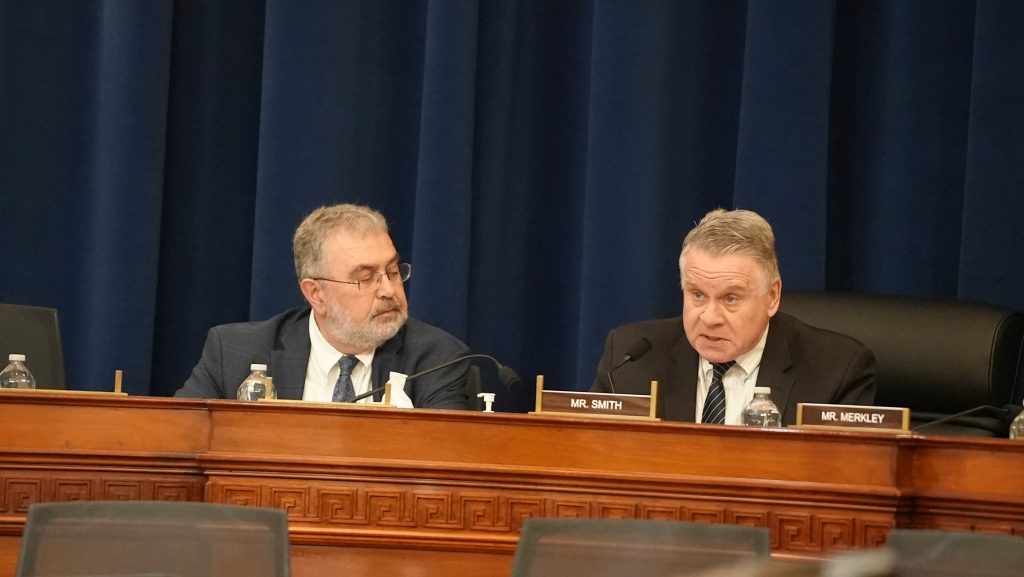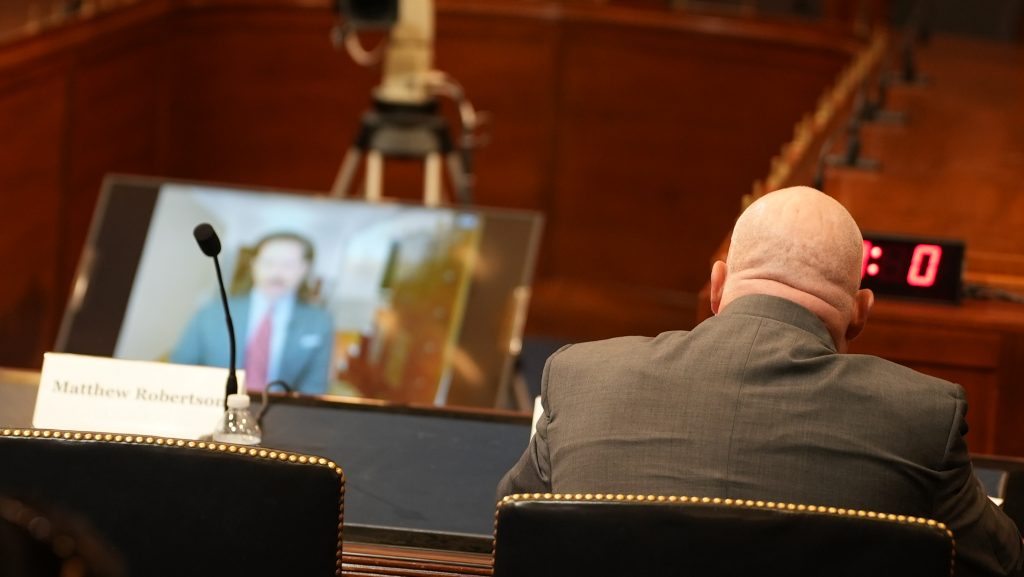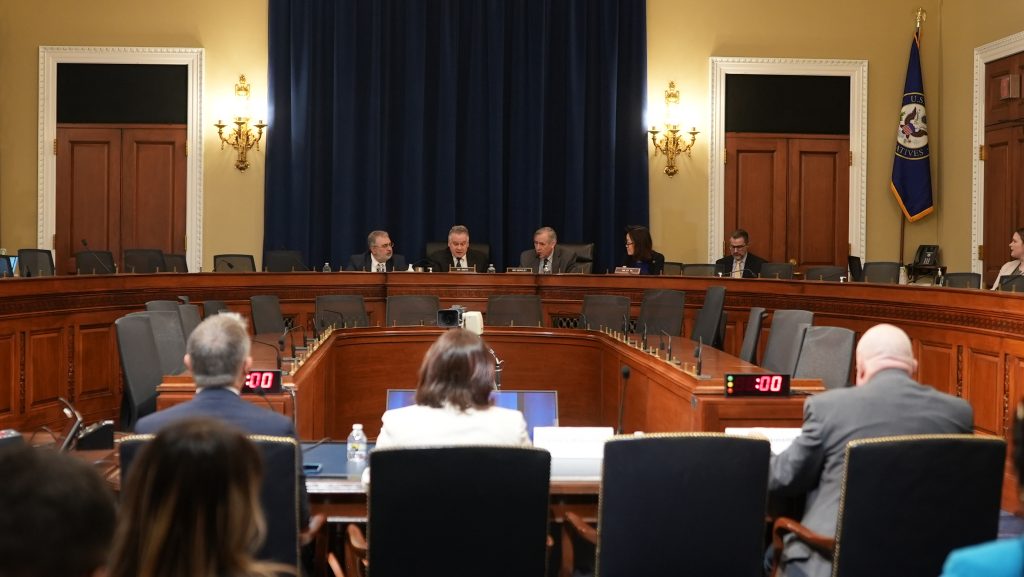VOC Experts Testify to Congress on Forced Organ Harvesting in China
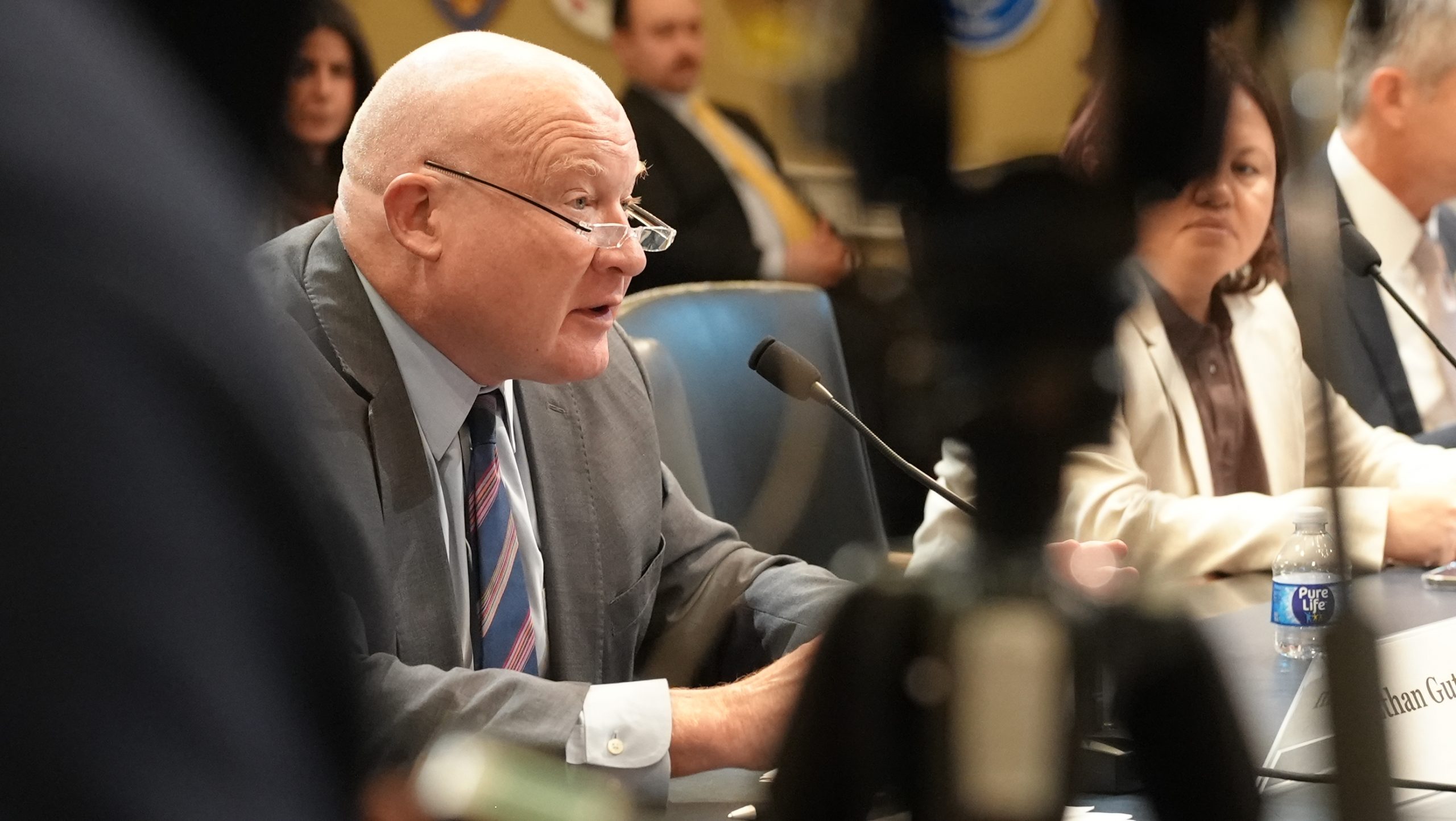
On March 20, VOC’s Ethan Gutmann and Matthew Robertson testified to the Congressional-Executive Commission on China (CEEC) in a hearing entitled “Stopping the Crime of Organ Harvesting—What More Must Be Done?”
The event was live-streamed on the CECC’s YouTube channel.
The Commission writes, “The issue of the systematic, widespread, and nonconsensual removal of human organs for transplantation, or ‘organ harvesting,’ in the People’s Republic of China (PRC or China) is a global concern that has grown since the publication of the final judgment of the Independent Tribunal into Forced Organ Harvesting from Prisoners of Conscience in China in 2020. Medical journals, bar associations, human rights groups, United Nations Special Rapporteurs, and U.S. state legislatures are all grappling more robustly with the legal, ethical, and human rights issues associated with organ harvesting.”
The hearing evaluated the evidence of organ harvesting from formerly detained Uyghurs, Falun Gong practitioners, political prisoners, and assessed the PRC’s denials that it is complicit in transplant abuse and its assertion that the PRC has stopped sourcing organs from executed prisoners. The hearing took a comprehensive look at the approaches being taken by the scientific and medical research communities to handle the gathered data on organ harvesting. It also reviewed the legislation in Texas that bans health insurance coverage for organ transplants conducted in, or involving organs sourced from, China and other nations implicated in organ harvesting practices. Witnesses provided recommendations for addressing organ harvesting, the complicity of U.S. corporations in the PRC’s transplant abuses, and the issue of “organ tourism,” which often fuels transplant abuse.
Matthew Robertson noted, “The atrocity of forced organ harvesting in China has been occurring for decades on a large scale, claiming tens, if not hundreds of thousands of lives, in a state-sponsored program that has targeted political prisoners and members of dissident groups Beijing sees as a threat.”
Ethan Gutmann revealed that, “Before [metronic ecmo, a device that helps extend the life of an organ when outside the body] got involved you could [get] one or two organs from a human being and get away with it…After ecmo it became possible to harvest as many as four healthy organs from a single person, suddenly turning a person from $100,000 into half a million or more for an organ tourist… It became an incentive to harvest Falun Gong, it improved the chances that you make real money.”
Matthew Robertson remarked, “The most provocative suggestion I’ve made is actually using the SDN list [of Specially Designated Nationals, those designated by the US government for asset freezes]. The same kind of way that Iranian nuclear physicists are treated where there’s no financial ties, no U.S. ties at all, export control — that would be the most stringent or extreme response that the U.S. government could engage in. But if we’re going to buy this story that’s being told here about the gravity of these abuses, that would seem perfectly warranted.”
Ethan Gutmann testified, “Realistically, the infrastructure of harvesting may be too robust to save Uyghur and Kazakh lives in the near term. Yet Congress can stop Beijing’s ongoing attempts to normalize medical deviance to spread this practice, and the passage of the Stop Organ Harvesting Act could galvanize the international transplant community to stop seeing research and investigation into Chinese harvesting as inflammatory or a deal breaker, but instead as a quest for justice on behalf of those young men and women whose only crime was that they were healthy.”
Rep. Chris Smith (R-NJ4) expressed appreciation for the testimonies given: “Mr. Gutmann thank you again for your leadership which informs this commission and I think the whole world on this issue.”
For Ethan Gutmann’s complete testimony, click here.
For Matthew Robertson’s complete testimony, click here.
